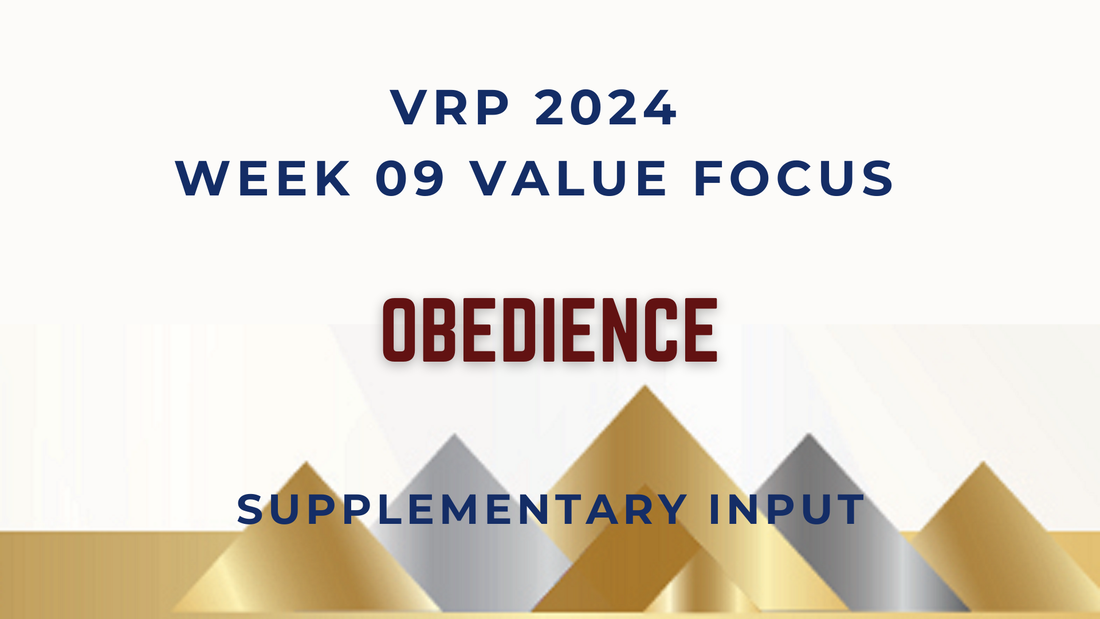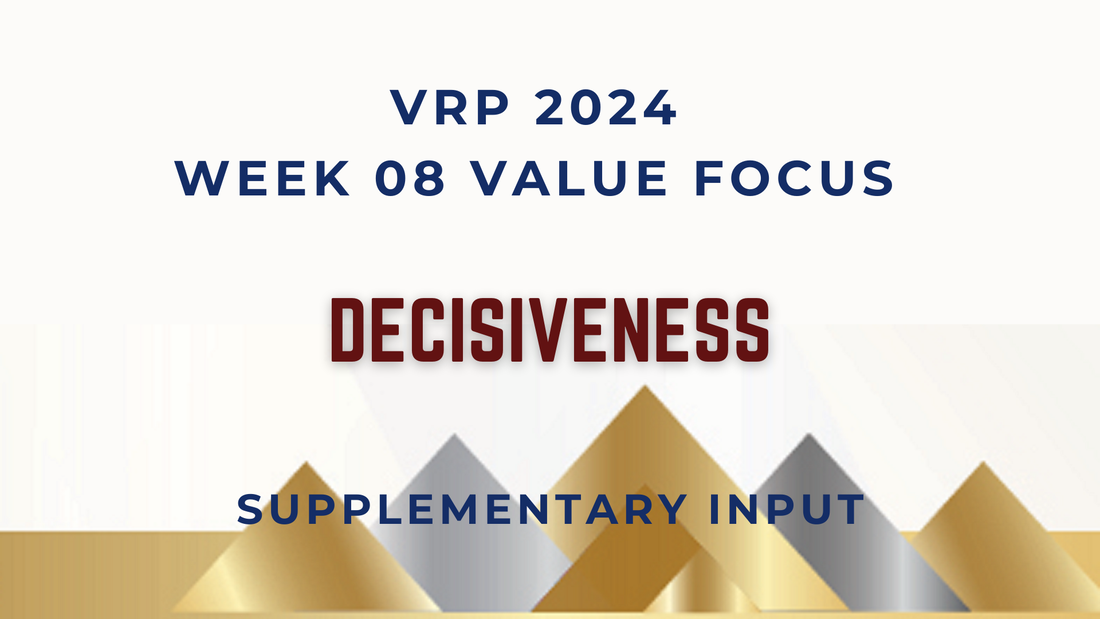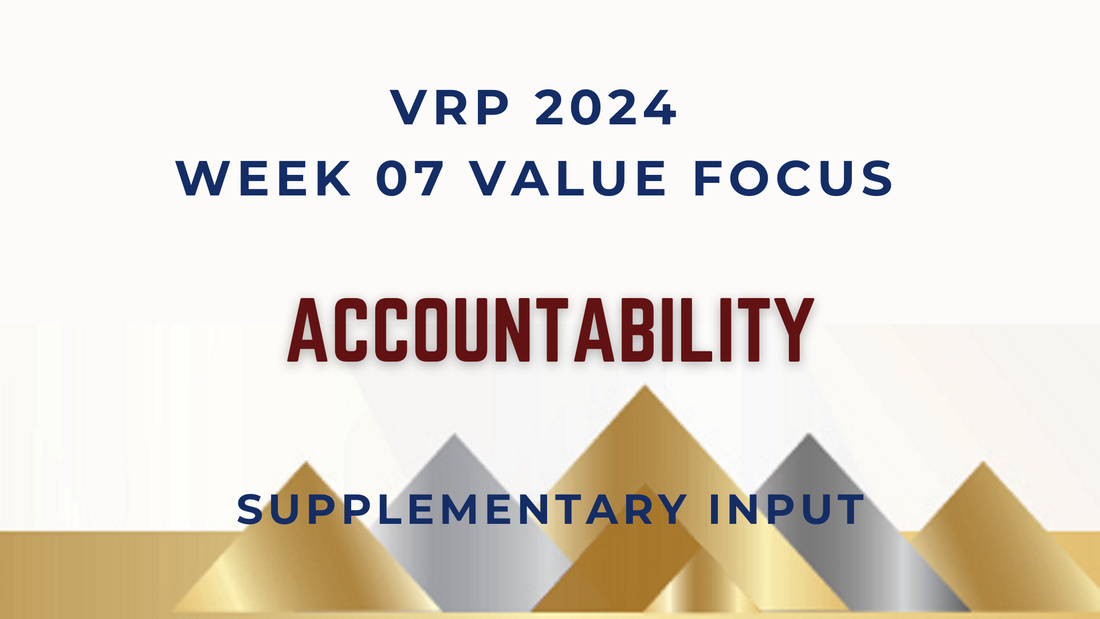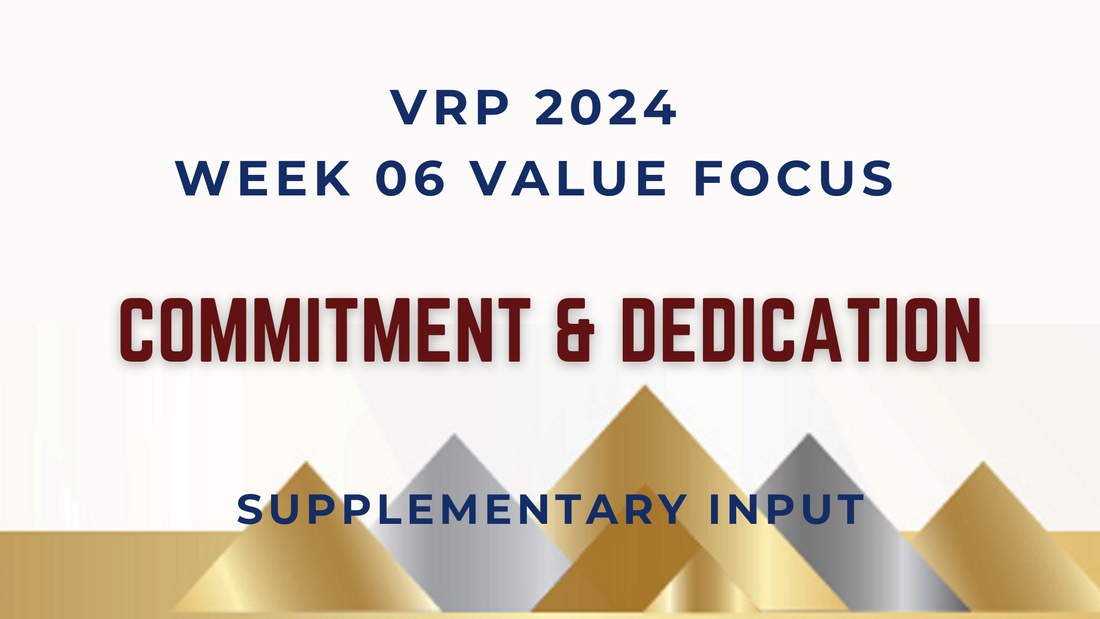|
by: Nathaniel A. Saquiban Obedience is one of the important values that all of us should possess. It opens up the door of blessings and enables us to remain in a favored life. It is simple. Every act of disobedience will have a corresponding penalty, which is expected to be contrary to relief and comfort. Obedience, thus, is contingent on a joyful and abundant life. Consider the scenario that happened to Adam and Eve. They were brought out of blessed life because of disobedience to the commands of God. In the same way, people who are confined behind bars may be put in miserable conditions or may be denied benefits and privileges because of disobedience.
Obedience is also significant, not only because it benefits or is advantageous to us personally, but because it will profit the community members. It is the virtue we should observe if we realize a peaceful, orderly, and disciplined society that results in progress and prosperity. We cannot expect a governmental unit to flourish if its constituents are not law-abiding citizens. If the people are lawless, everything will be disorganized because no chain of command is followed. Everyone does what they wish, and the environment becomes chaotic and unclean. More than laws, rules, and regulations are needed. It also takes a strong will on the part of the authorities to accurately and strictly enforce and implement the laws, rules, and regulations. People must be governed and learn government rather than a government of themselves where they do what they want. In the Philippines, this is what is needed. Laws must be exacted if we are to achieve our economic goals. People's freedom and liberty must be regulated, and those in high places are not exempted. They should model a lifestyle of obedience. People often clamor for change in the high echelon of society, allegedly because subordinates and subjects are good followers for fear of punishment, but not to some who are in leadership. That kind of situation should not be the trend. One of the positive effects of obedience is to train us for righteousness. The more we obey, the more we become righteous and learn righteousness. Obedience must become a habit so that we are honed to upright living. However, it is suggested that the reverse is a better way. We should first possess a righteous or holy nature so that obedience will become the fruit. Obedience is easy if we are changed on the inside. This is the reason why the value of obedience is anchored to the core value of spirituality. We should strengthen spirituality so that obedience automatically follows. A spiritual mentor once said, "Surrender is better than obedience because surrender necessarily encompasses obedience." If we are surrendered to the authority of God, we will not have a problem in the area of obedience. We do not have to think whether to choose our will or the will of God because a good subject always submits to the will of his or her sovereign. Let us, therefore, surrender to our Almighty God so that we may consistently live a life of obedience.
0 Comments
by: Dr. Laurence C. Mascay One of my former college professors once said, “Every second is a decision.” The simple act of waking up in the morning is a decision. Deciding whether to eat or not is a decision; choosing to sit or not is a decision. In life, it is unavoidable to make decisions, no matter how small or big they are. Hence, decisiveness, defined as “the ability to make decisions quickly and confidently” by the Cambridge Dictionary, is important because of its impact and repercussions.
In the Scriptures, it is written, “Let your ‘Yes’ be ‘Yes,’ and your ‘No,’ ‘No’”. An implication of this passage is decisiveness. Humans tend to change their minds quickly due to circumstances, feelings, and moods. Thus, careful planning and thinking, along with calculated risks, must be considered in decision-making. Because once a decision is made and acted upon, it is hard to undo. On the other hand, John Maxwell, an authority on leadership, said: “Once a decision is made, you should stop worrying and start working. It’s not always what we know that makes it a good decision. It is what we do to implement and execute it that makes it a good decision.” The following are some suggested strategies from various sources to help you become more decisive. One: Clarify your values and priorities. Understand what matters most to you and what your long-term goals are. Two: Gather information. Make sure you have all the relevant information before deciding. Having a good understanding of the situation will help you make a more informed choice. Three: Think about the pros and cons. Make a list of the advantages and disadvantages of each option. This will help you see which one is better. Four: Ask for advice. Don't be shy about seeking input from others, significantly if the decision affects them or they have expertise. Ultimately, take responsibility for your decisions. By incorporating these strategies into our decision-making process, we can become more decisive and confident in our choices. We entrust the outcomes to the Lord as we apply these suggested strategies. The Book of Proverbs reminds us to “Trust in the Lord with all your heart; do not depend on your own understanding. Seek his will in all you do, and he will show you which path to take." by: Micah A. Tecne A common saying, "no man is an island," reminds us that we live in a world where we need each other. We are created to live and work together. Together, we can accomplish more. To have a more harmonious work environment, we need accountability. Patrick Lencioni said, "without accountability, there can be no trust, and without trust, there can be no meaningful collaboration."
As individuals and team members, we should learn the art of being accountable for our actions and choices. We take responsibility for the results of our actions. As we acknowledge any success of our labor, we should also learn to take responsibility for the consequences of our wrong decisions or actions. There are instances when everything is falling apart, and we tend to shift the blame to others to save our reputation and face. This alters the team dynamics and eventually impedes the team's success. As Tamara Renaye said, "Accountability feels like an attack when you're not ready to acknowledge how your behaviors harm others." Being accountable manifests humility in acknowledging one's own faults and taking the responsibility to mend them. Admitting one's own mistake is such a real struggle. It is a dilemma for everyone. Admitting our mistakes may destroy the people's trust in us and eventually destroy our reputation. King David tried to cover his adulterous acts, killing Uriah, the husband of Bathsheba, yet Prophet Samuel rebuked him. He acknowledged his fault and took responsibility. He humbly accepted and suffered the consequences of his sin. His humility touched God's heart. Despite his sin, David is still regarded as "The Man after God's own heart." King David's heart of accountability brought more grace and favor upon him. Being accountable is a sign of maturity and outstanding leadership; as Courtney Lynch said, "Leaders inspire accountability through their ability to accept responsibility before they place blame." The moment we learn to be accountable shows readiness for our promotion and leadership elevation. If we aim for a leadership promotion, we learn to be accountable. If we want to have a successful team, it should be composed of accountable people. A team with only one mission and vision. As Pat Summitt said, "responsibility equals accountability equals ownership. And a sense of ownership is the most powerful weapon a team or organization can have." Do not be deceived: God cannot be mocked. A man reaps what he sows. If we want to see ourselves and our organization succeed, decide to be accountable now. by: Keren May Busaing When the going gets tough, do we have what it takes to remain committed and dedicated to the good things that we previously decided to take on? Commitment and dedication are qualities that are rare nowadays.
In the complexity of our day-to-day lives, it is easy to overlook the need for commitment and dedication. Most of the time, the demanding nature of our everyday activities results in decisions that overlook our dedication to the bigger picture. While this is called flexibility to the unexpected, how far are we from our original aspirations? Have we deviated from the essence of what we are supposed to commit to? For example, our resolve to become a better version of ourselves while we are in the moment is intense, and our dedication seems focused. Immediately, particular plans of action towards accomplishing it are lined up in our minds, for others, in their planners. Then, we take action according to our plans. It’s easy and smooth at first, then time passes, and so does our consciousness to fulfill it. Commitment and dedication are characteristics that we need to choose to do in our daily lives. While the specifics in our action plans may change, there are other ways to accomplish our goal of becoming better versions of ourselves. Commitment and dedication do not mean we should religiously stick to our action plan. There is no exact formula, and the constant is the goodness and purity of our intentions. Our ways and timelines may change, but we will eventually get there as we commit and act in righteousness toward it every day. Most importantly, as an everyday choice, commitment and dedication admonishes us to reach or accomplish our aspirations in righteousness. There is no shortcut to success; trying to do so is the opposite of commitment and dedication. It is impatience and contrary to the essence of our good intentions. As King David says in his Psalm, “Commit your way to the Lord; trust in him, and he will act.” Commitment and dedication are a partnership with God. By understanding that His plans for us are perfect - to prosper us and not to harm us, to give us hope and a future, committing must not be difficult for us. Let us then choose to commit to God’s ways that He shall delight in us and establish our steps towards our aspirations. Amongst the many ways to accomplish our success, let our commitment be specific to accomplishing things with God - not by our might nor by our own strength but by God’s Spirit, who is continuously at work in us. Altogether, let our daily consciousness be at peace, knowing that when the going gets tough and that in the midst of the many plans in our minds, it is the purpose of the Lord that will stand. Let our dedication be first established in Him, and our success, beyond what we can imagine, shall follow. Let this be our conscious choice every day, commit to God and His ways. |
CRFV Winning TeamA company of men and women who have committed their lives to the cause of national transformation. Archives
July 2024
Categories
All
|
Our Services |
Our Organization |
SupportSupport Page
FAQ Terms of Use |
Copyright © 2015 | Baguio City, Philippines 2000 | 074-424-1497 | [email protected]





 RSS Feed
RSS Feed
